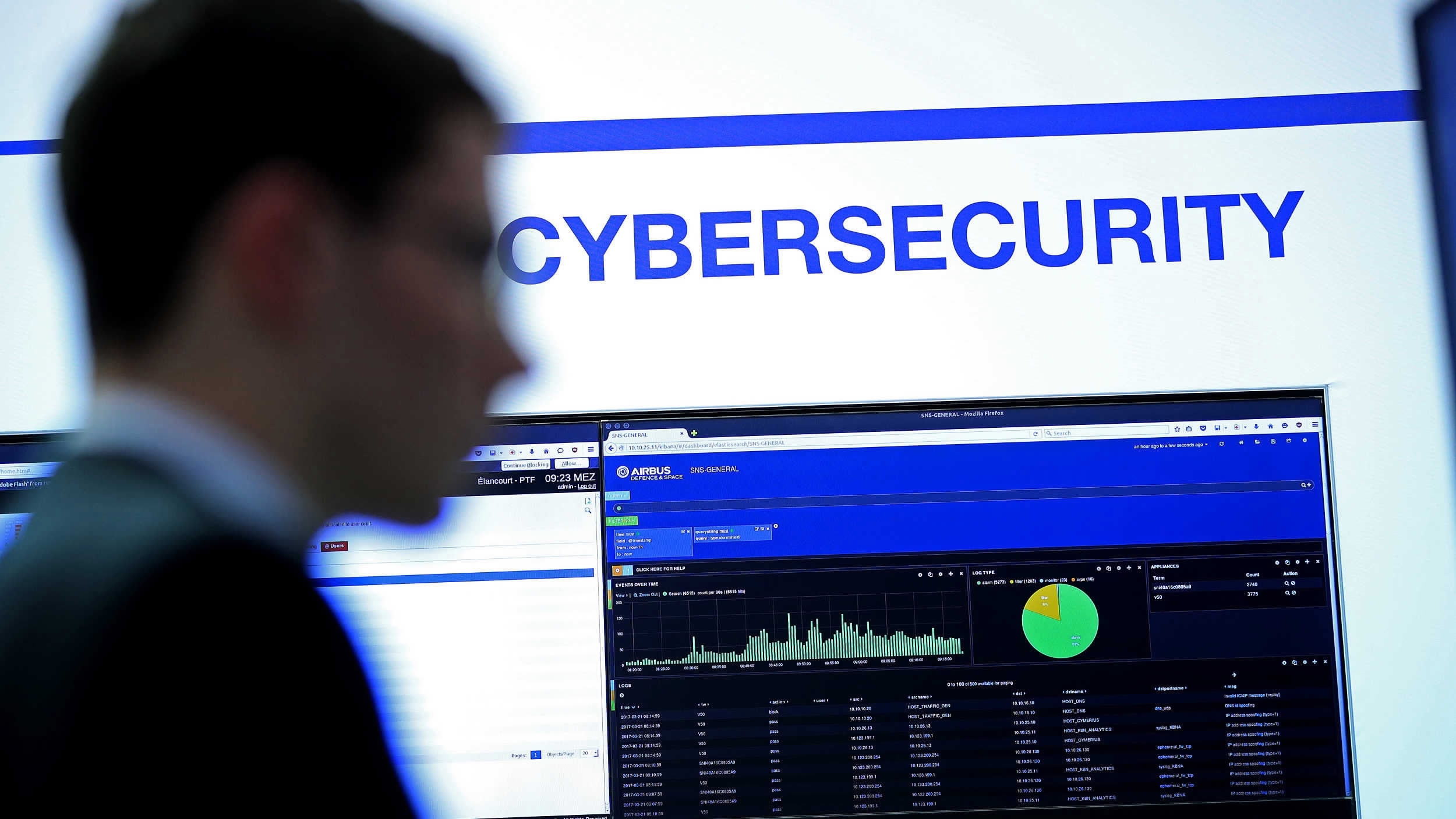
The first China-US Law Enforcement and Cybersecurity Dialogue was held on October 4, 2017 in Washington DC. The meeting was co-chaired by Chinese Minister of Public Security Guo Shengkun, and US Attorney General Jeff Sessions and Acting Secretary for Homeland Security Elaine Duke. The dialogue was one of the four high-level China-US communication mechanisms initiated between Presidents Xi Jinping and Donald Trump during the Mar-a-Lago summit in April, and shows the importance attached by the leadership of both nations to this topic. The first round of dialogue proved that China-US cyberspace cooperation has risen to a new level, with both countries committed to tackling problems in this area.
The predecessor of the law enforcement and cybersecurity dialogue was the China-US cybercrime and related issues joint dialogue, which was held by President Xi and President Barack Obama in 2015. Three rounds of fruitful joint dialogues have been held since December 2015, and consensus and agreements have been reached, including on establishing a hotline, cooperating in the fight against cybercrime, and strengthening cooperation in network protection. When Trump became president, there were doubts about whether the mechanism could survive, as many believed he would have no interest in it. However, such doubts were unfounded, because Trump has a mature understanding of the importance of such dialogues. The new dialogue inherited the topics and the basic forms of the previous joint dialogue mechanism, and was upgraded into one of the four high-level communication mechanisms, thus elevating its strategic importance.
The results of this first law enforcement and cybersecurity dialogue were encouraging. First, both sides accepted the consensus reached during the Obama administration as valid and binding, and agreed to continue to implement their pledges, including to respond to requests for assistance made by the other side, not to support online theft, to work together to promote an international cyberspace code of conduct, and to strengthen communication on cyberspace law enforcement. It is surprising the Trump administration fully accepted the consensus and commitments reached with the Obama administration. Trump has broken with his predecessor on issues such as climate change, trade, and the Iranian nuclear deal. China was very happy to note that this was not the case with cybersecurity.
Second, the two countries tried to minimize politics on cybersecurity. During the Obama administration, due to the involvement of Secretary of State Hillary Clinton, cybersecurity became at one point a sensitive issue. During that period, the US media did not care about genuine risks, real criminals or real victims, but focused instead on playing up what they considered a potential cyberwar between China and the US, and on the so-called threats from Chinese hackers. After the China-US dialogue on cybercrime and related issues was initiated in 2015, the two have been trying to reduce politics on the issue in order to solve problems through dialogue and understanding. They have cooperated on cyber fraud, hacking, the spread of violence, terrorism, and child obscenity online.
Lastly, the two nations promoted cooperation in other fields, holding discussions and exchanges on narcotics control, the hunting of fugitives, and the repatriation of illegal immigrants. During the dialogue, the two showed mutual respect, equity, frankness, and pragmatism, and gave due consideration to the main concerns of the other side. In response to Trump’s policy of strictly controlling illegal immigrants, China promised to establish a mechanism to quickly verify the identities of illegal immigrants and institute fast-track diplomatic procedures for their repatriation. And with regard to fugitives, one of China’s major concerns, the US pledged that it would not be a “haven for fugitives”, and would set up working groups with the Chinese side to hunt down and repatriate them.
Compared with the situation during the Obama administration, China-US cybersecurity cooperation during the Trump administration has a more solid foundation. In terms of promoting cooperation on other issues, cybersecurity cooperation is now playing the role that climate change did during the Obama administration. This round of dialogue helped set a positive tone for bilateral cooperation, and helped define the guiding principles for other dialogues in the future. The dialogue mechanism complies with the needs for the construction of major-country relations, which is characterized by mutual respect and win-win cooperation. The successful launch of the law enforcement and cybersecurity dialogue meant that we can have higher expectations for future China-US cooperation.

